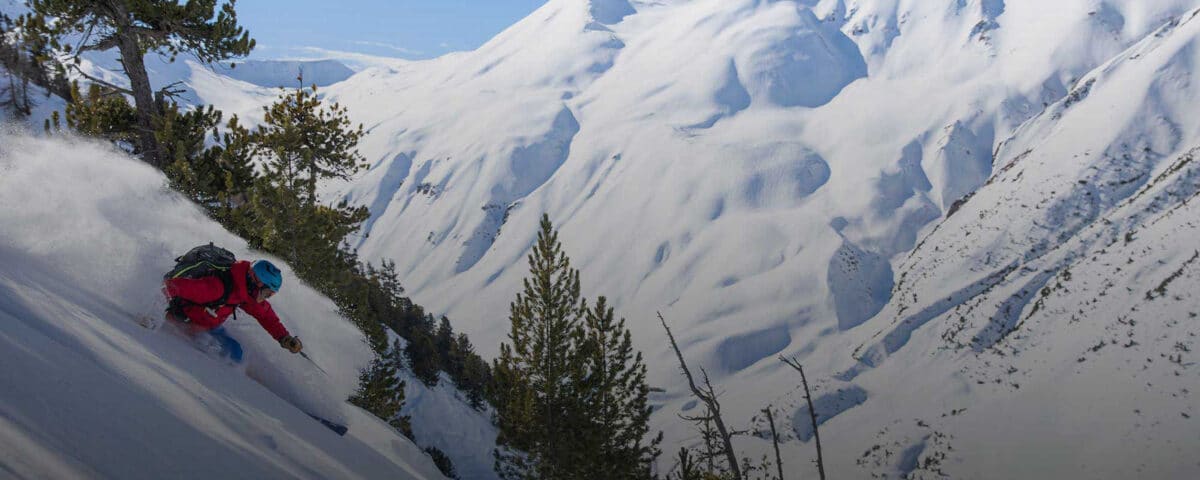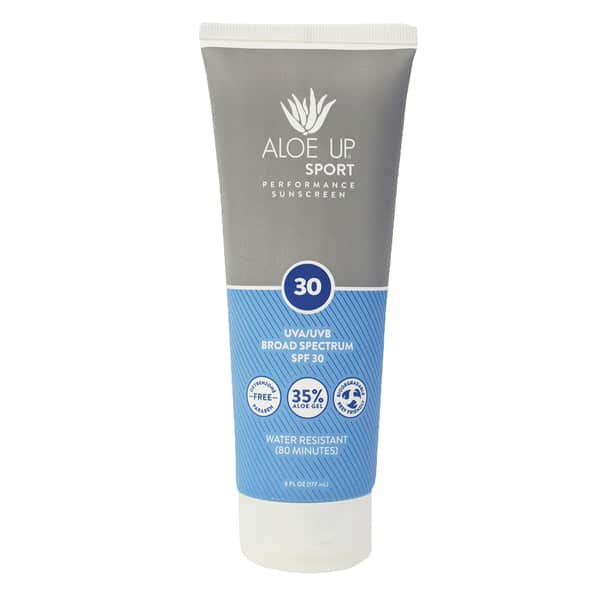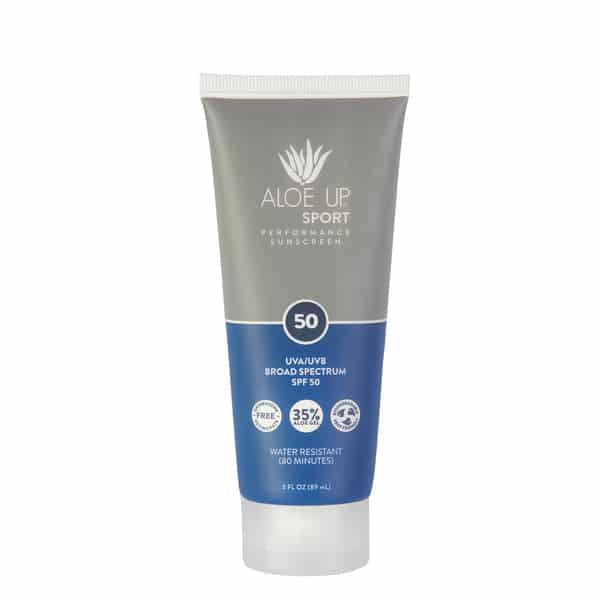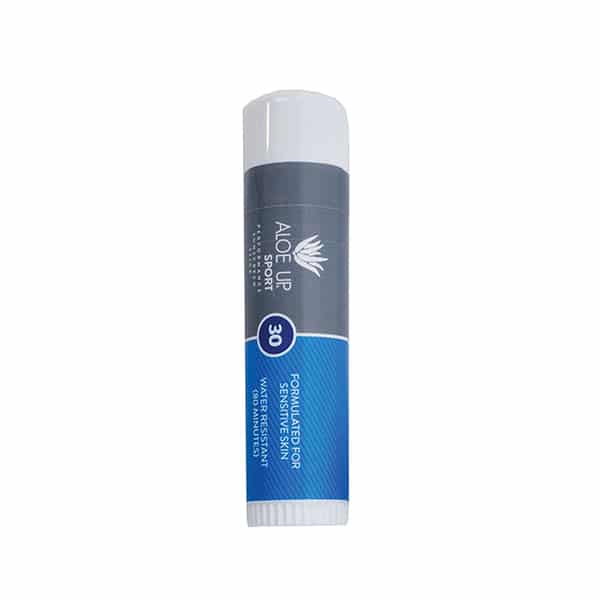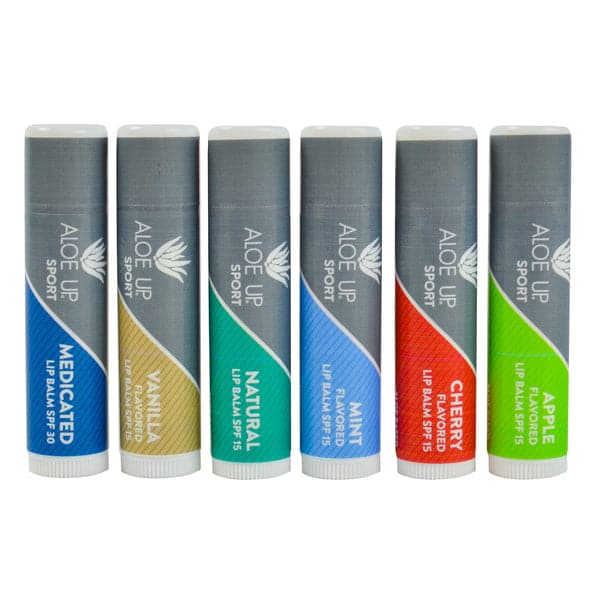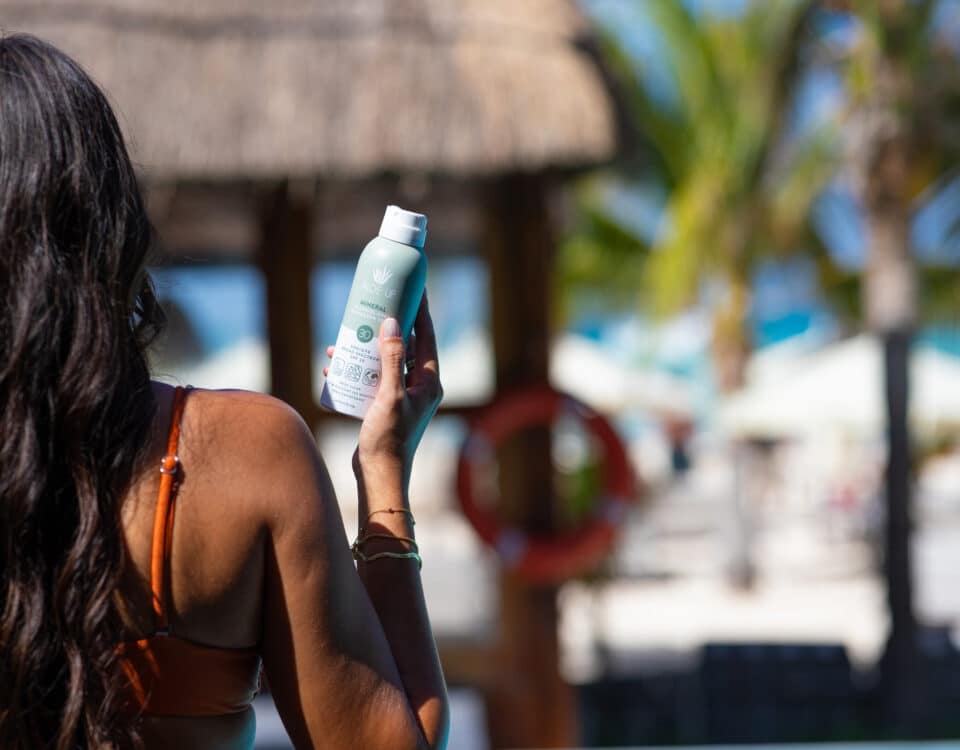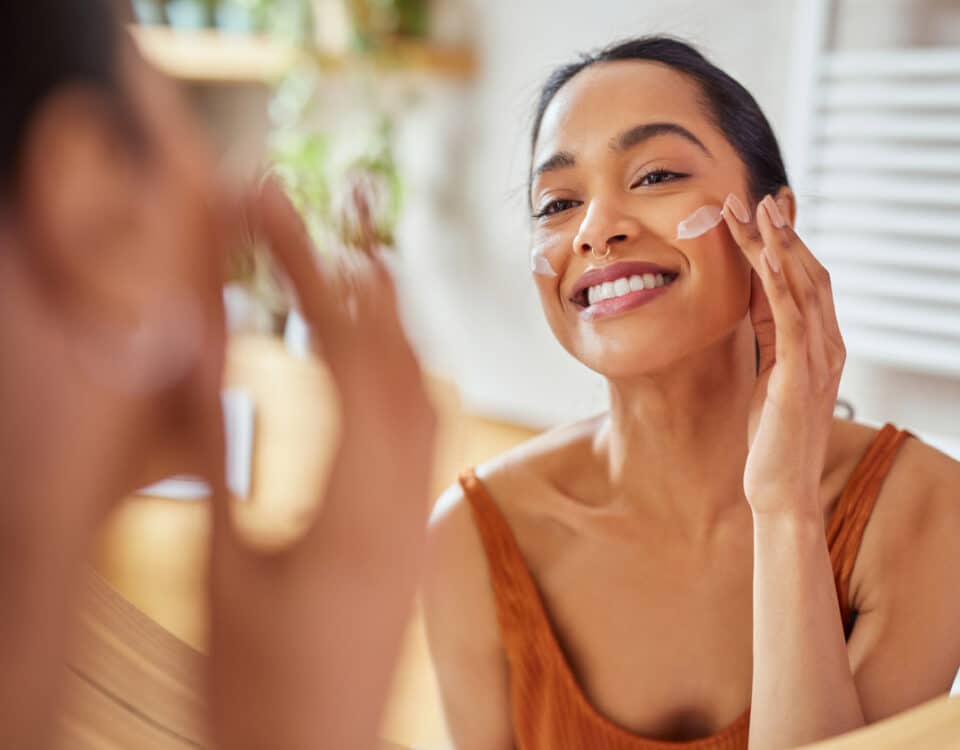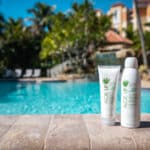
Sunscreen Spray vs Lotion-The Difference
May 27, 2024
Blue Light Protection for Holiday Screen Time: SPF indoors
November 18, 2024Why It’s Important to Wear Sunscreen in Winter
Should You Wear Sunscreen in Winter?
When the temperature drops, you may feel less inclined to apply sunscreen in the winter. What if we were to tell you that it is even more important to wear sunscreen during winter and outdoors, even on those dim, cloudy days?

“Snow and ice can reflect up to 90% of the sun's UV rays.”
5 Reasons to Wear Sunscreen in the Winter
- Snow Reflection - You may feel like you don’t need to wear sunscreen for the winter months, but snow can reflect up to 90% of the sun’s UV rays intensifying the sunlight you are getting and scorching parts of your face and body that don’t normally see the sun (nostrils, under your chin, etc.)
- UV Radiation - Just like in the summer, it’s important to wear sunscreen on cloudy days too. UVB exposure can be lessened by clouds but the dangers of UVA exposure exist year-round. Don’t be fooled by the sun hiding behind those precipitation pillows blocking the light.
- Ozone Layer - The ozone layer is responsible for absorbing much of the damaging rays from the sun, but its thickness is much lower in the winter leading to less protection from Mother Earth, and more sun exposure for your skin.
- Altitude - Many winter activities like skiing, ice skating and snowshoeing are performed in the mountains. It makes sense, the mountains are at higher altitude, they get more snow and the more you have the ability to enjoy it. But higher altitude climates have less of the Earth’s atmosphere to block UV rays, leading to higher UV exposure and more danger for your skin.
- Harsh Elements - Cold temperatures combined with wind can be harsh and unforgiving on your skin. It’s important to keep your skin and lips protected by not only using sunscreen to protect them but also using lotion and lip balm to moisturize and rehydrate them from the effects of the elements
"UV Exposure increases 4% for every 1000ft in elevation gain"
The Best Sunscreen for Winter
-UVA UVB Broad Spectrum Sunscreen-
As we mentioned above, clouds and lower temps can trick you into thinking sunscreen isn’t necessary, but with clouds only filtering some radiation, and snow reflecting even more, it’s important to have a UVA/UVB Broad Spectrum sunscreen to protect your skin on any winter day.
-Aloe Based Sunscreen-
Not only has aloe vera been used for thousands of years for skin hydration and healing, but it is the same pH as your skin, so when combined with a sunscreen or lip balm, it is fast absorbing, non-greasy, and has a clean, light feel. Moisturize and protect your skin with an SPF aloe vera-based lotion.
-Non-Water Soluble Emulsifier (NWSE)-Won't Run in Your Eyes
Say that 10 times fast! But to simplify it, sunscreens, including an NWSE, help the sunscreen and sunblock ingredients stay absorbed in your skin, and not “unabsorb” or demulsify when you sweat or get wet. It won’t bead up, run in, and sting your eyes while you are outdoors because let’s face it, there is nothing more uncomfortable than wearing too many layers, sweating uncomfortably, and white sunscreen beads running in your eyes.
-SPF Lip Balm
It’s easy to forget about your lips, but they can be the most exposed to sun, cold, and wind. A Lip Balm with SPF helps moisturize and shield the sun’s harmful rays. And if the ever common cold sore, cracked lip, or fever blister strikes, use a medicated lip balm to help heal those kissers.
How to Apply Sunscreen in 3 Easy Steps
- Apply lotion to your face and exposed skin first thing in the morning or at least 20 minutes before stepping outside. This gives you a protective base for the day.
- Re-apply every 2 hours so your skin can be fully protected. Lotion is recommended always, but especially in the winter when most of the sun exposure is on your face where sprays are not recommended and can be less effective.
- Moisturize your skin at the end of the day with an aloe vera jelly or an after-sun lotion, as the happiest skin is the most hydrated skin.


